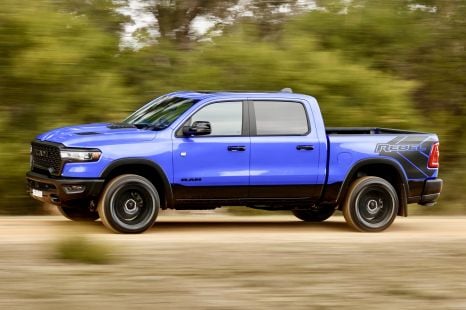

Max Davies
2026 Ram 1500 Rebel review
5 Days Ago

Senior Contributor
Nissan has no plans to adopt an agency distribution model, saying the traditional retail path of wholesaling product into franchise dealers works well for the majority of people.
However, it also acknowledges that customer expectations around digital retail and home delivery are changing, and says any company that’s too rigid will be “left behind”.
“There’s no plan to change our business model from the dealer partners that we have today,” said Nissan Oceania’s recently appointed managing director Adam Paterson, after noting that Australia is something of a “test market” for new models.
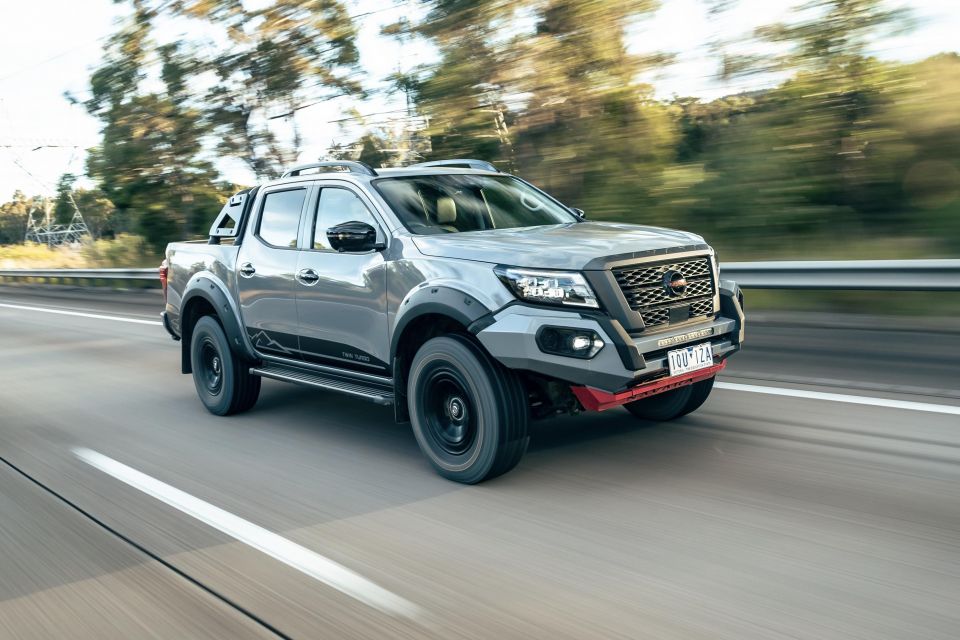
Mr Paterson started his role at the midway point of this year, having previously served as a Nissan executive in Canada.
As has been the subject of much discussion, rival Honda Australia switched to an agency sales model in July – meaning it now controls inventory until it’s sold, sets national non-negotiable prices at all retail sites, and pays its dealer ‘agents’ a handover fee per car rather than letting the dealers arrange their own pricing and commission structure.
Mercedes-Benz Australia will adopt a similar model on January 1 2022, though as reported at length here it’s facing a lengthy court battle with many of its dealers, who want compensation for adopting the new model against their preference.
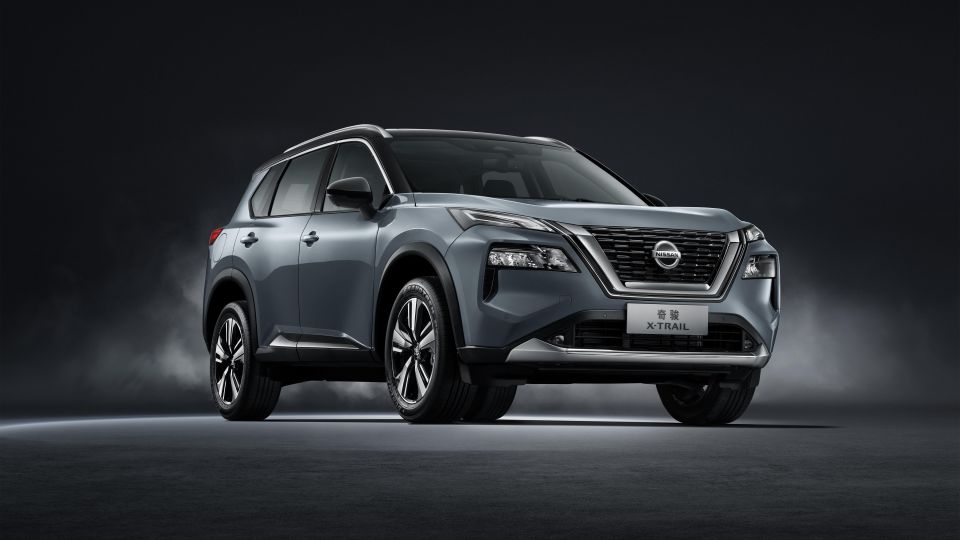
The nature of auto retail has truly become a flashpoint, pitting traditional franchise dealers against new business models, and leading to various representative bodies (the FCAI for car brands and the AADA for dealers) duking it out in the court of public opinion.
New brands like Tesla, Genesis and Polestar all launched without dealers, preferring to sell directly to buyers themselves – a different business model again – prompting fears from some quarters that adherence to ‘legacy’ business tactics would cause disadvantage.
MORE: Australian dealer association savages Mercedes-Benz, FCAI MORE: Mercedes sticks to its guns, dealers seek compensation over agency switch MORE: Honda Australia says agency criticism is premature
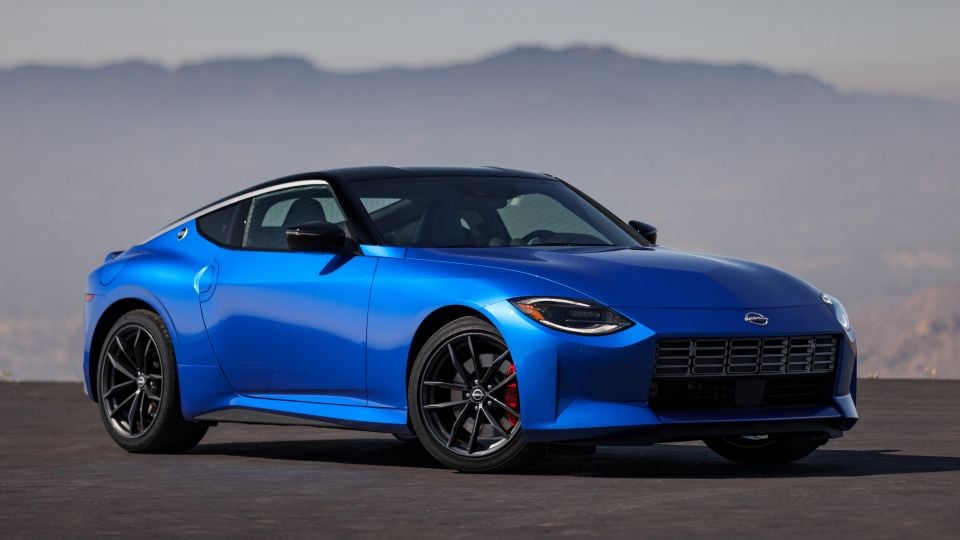
If the pandemic showed us anything, it was that the need to deal with customers online or at home, rather than strictly within a showroom, was vital to keeping afloat. Without divulging any specifics, Mr Paterson said this lesson needed to be learned.
“Any brand regardless of [whether] it’s auto or otherwise, that think they have a sales process and the customer needs to deal with their sales process, is one that’s going to get left behind,” Mr Paterson opined.
“… We’ve sold hundreds of thousands of Nissans over the course of the last few years and all of those have been through a dealer. I would say the majority of Australians still want to proceed in that traditional way.
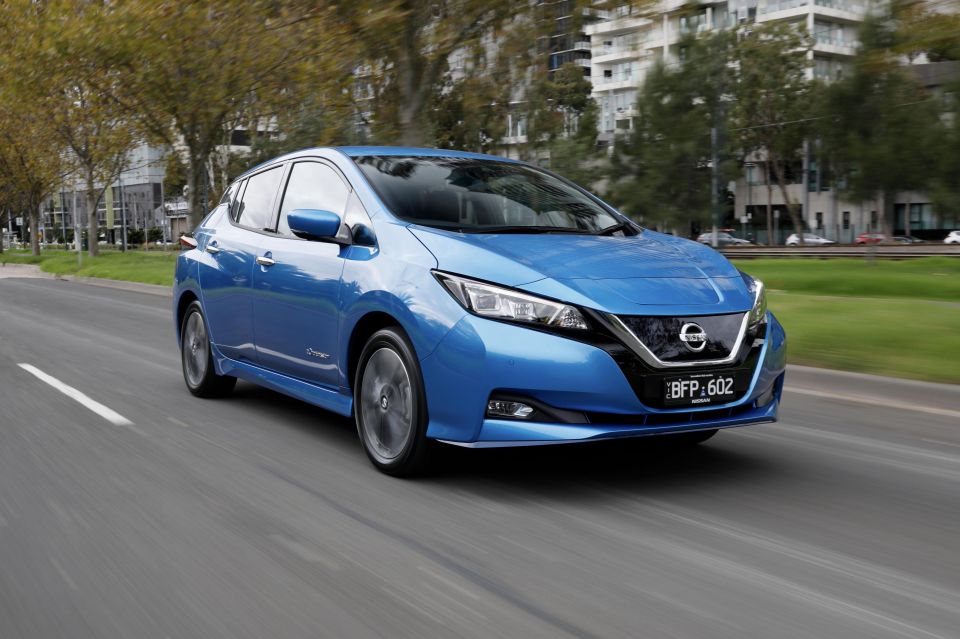
“But there’s a growing portion of them that want to transact in a more modern way. And their point of reference is probably not the last time they bought a car, it’s the last time they bought anything.
If you can buy a $2000 mobile phone and have it delivered to your house, I think the expectation is ‘why can’t I do the same with the vehicle’.
“So we need to push, to be able to, I would say, meet customers as far as what their demands are, in a more modern way than we’re able to do right now.”
In other words, watch this space.
Where expert car reviews meet expert car buying – CarExpert gives you trusted advice, personalised service and real savings on your next new car.


Max Davies
5 Days Ago
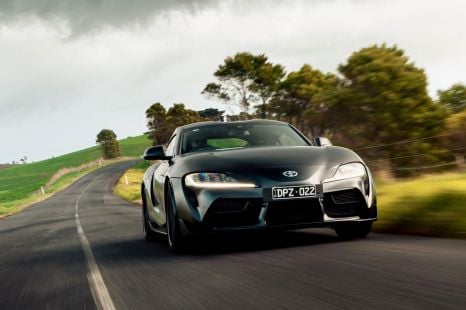

Max Davies
4 Days Ago
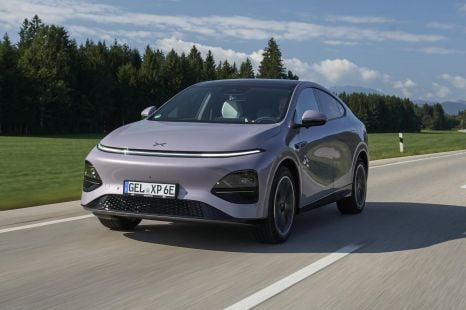

Neil Briscoe
3 Days Ago
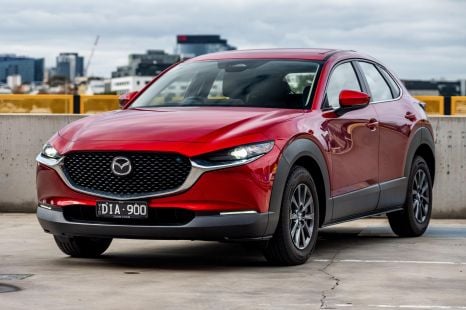

Max Davies
2 Days Ago
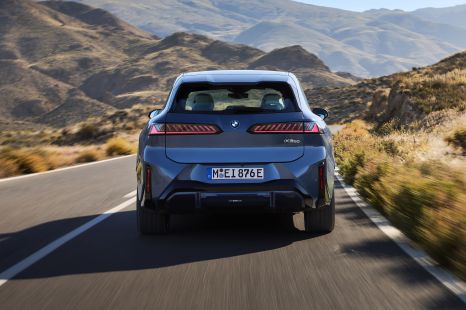

Alborz Fallah
12 Hours Ago
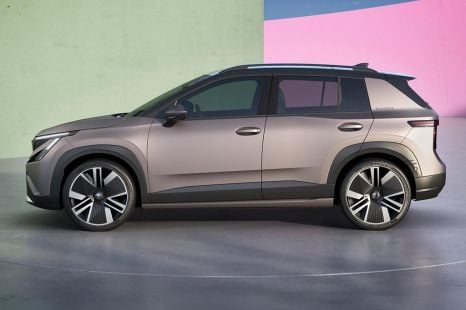

Damion Smy
12 Hours Ago